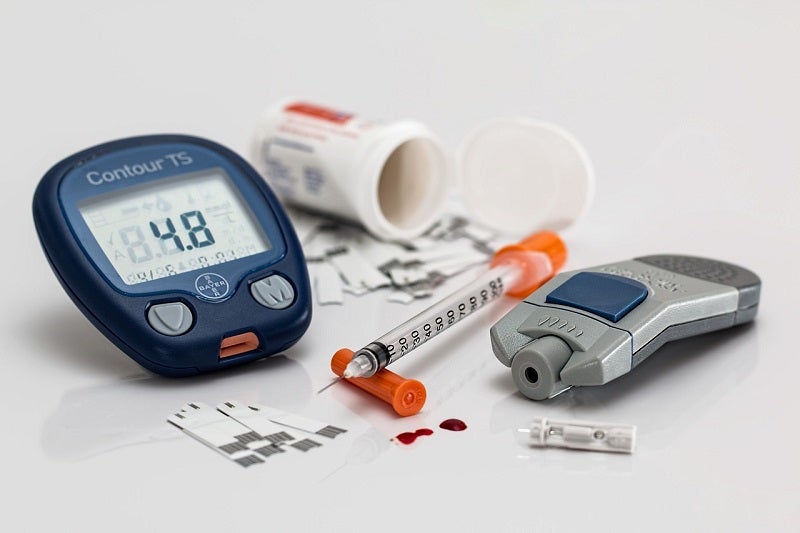
Panbela Therapeutics has commenced a Phase II clinical trial of CPP-1X-T (Eflornithine tablets) for recent onset type 1 diabetes.
The randomised, double-blind study is conducted in partnership with the Indiana University School of Medicine and funded by global type 1 diabetes research and advocacy organisation JDRF.

Discover B2B Marketing That Performs
Combine business intelligence and editorial excellence to reach engaged professionals across 36 leading media platforms.
Up to 70 participants with recent onset type 1 diabetes are anticipated to be enrolled at six US centres.
In the trial, participants will be randomised in a 2:1 ratio to receive a 1000mg/m² CPP-1X-T dose orally twice a day with food, or a placebo, for more than six months.
This will be followed by a six month wash out period for evaluating the durability of responses.
Determining the difference between the treated and placebo two-hour Area Under the Curve (AUC)-mean utilising the log (mean C-peptide+1) at the end of the treatment period for six months will be the trial’s primary objective.

US Tariffs are shifting - will you react or anticipate?
Don’t let policy changes catch you off guard. Stay proactive with real-time data and expert analysis.
By GlobalDataFasting and stimulated proinsulin/c-peptide ratios (a biomarker of β cell stress), C-peptide AUC, and the urine polyamine content at three, nine, and 12 month timepoints will be the secondary objectives of the trial.
Panbela president and CEO Jennifer Simpson said: “Some 1.45 million Americans are living with T1D. In the US, there are $16bn in T1D associated healthcare expenditures and lost income annually.
“Moreover, less than one-third of people with T1D in the US are consistently achieving target blood-glucose control levels.
“We are excited to move forward with the Phase II Trial, along with Indiana University and JDRF, to provide better treatment options for this patient population.”





